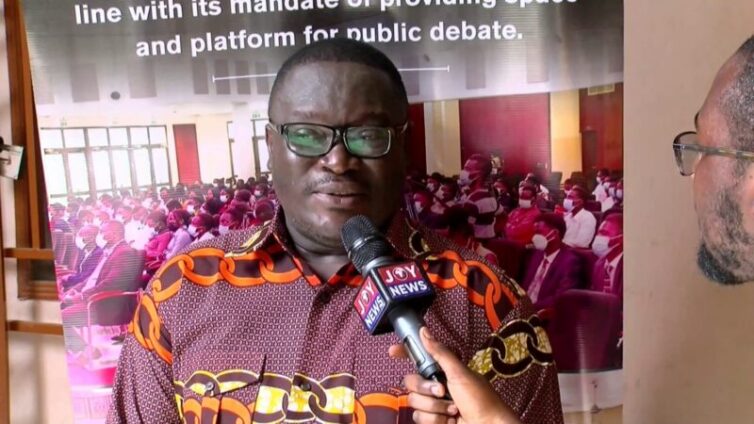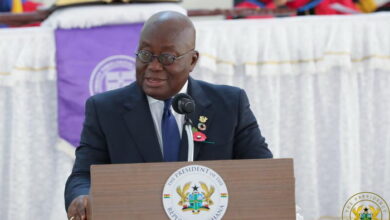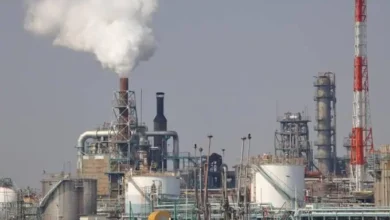GNPC Yet to Establish Reserve Fund for Future Operations
GNPC Yet to Establish Reserve Fund for Future Operations

- GNPC has not yet established a reserve fund to finance its long-term operations, as required under the Petroleum Act.
- The PIAC was in the Ashanti Region engaging stakeholders on the findings of the semi-annual report
- The committee also expressed concern over the government’s decision not to sign any new petroleum agreements since 2018
The Ghana National Petroleum Corporation (GNPC) has not yet established a reserve fund to finance its long-term operations, as required under the Petroleum Act.
Currently, the corporation receives 55% of the Carried and Participating Interests (CAPI) to fund its operational costs.
However, this allocation of petroleum revenue is set to cease in 2026, following its introduction in 2011.
According to the 2024 semi-annual report by the Public Interest and Accountability Committee (PIAC), GNPC has not yet set aside any funds to sustain its operations after the 15-year timeline expires.
Richard Elimah, Technical Advisor to PIAC, expressed concerns, stating, “When the government decides not to fund them, how will they finance their operations? We recommend that GNPC should establish its own reserve fund, so they can accumulate the necessary resources to sustain their activities once the government stops funding them.”
The PIAC was in the Ashanti Region engaging stakeholders on the findings of the semi-annual report and discussing ways to ensure the government uses oil revenues for their intended purposes.
IOCs Owe Over $2 Million in Surface Rentals
In another matter, ten international oil companies (IOCs) are still yet to settle more than $2 million in surface rental fees owed to the government. The 2024 PIAC semi-annual report revealed that over $2.6 million remains unpaid from the first half of the year, with four of the companies failing to clear their debts before exiting the country after going bankrupt.
PIAC is urging the government to ensure that the companies pay their acreage fees during production and to take swift action to recover the outstanding amounts.
“PIAC recommends that the government collects surface rental fees before these companies leave the country. This will help prevent the state from incurring any losses,” Mr. Elimah advised.
The committee also expressed concern over the government’s decision not to sign any new petroleum agreements since 2018. The committee fears this hiatus could negatively impact future revenue generation for the country.





